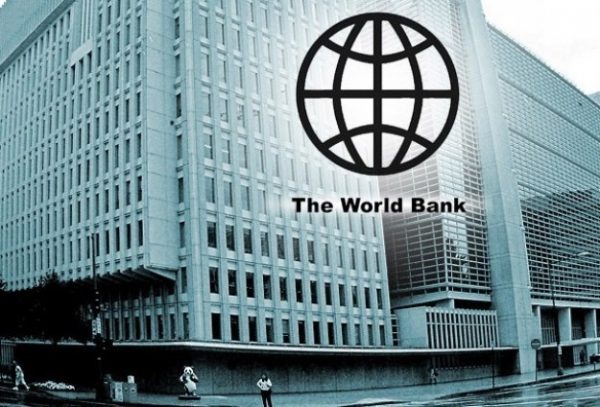Nigeria’s wheat production output suffers setback
 The ability of farmers to meet the expected output of wheat produced locally has suffered a setback due to inadequate seeds, All Farmers Association of Nigeria has said.
The ability of farmers to meet the expected output of wheat produced locally has suffered a setback due to inadequate seeds, All Farmers Association of Nigeria has said.
The President, AFAN, Kabir Ibrahim, said efforts of the government through the Anchors Borrowers Programme to attain wheat sufficiency were being hampered by many factors.
According to him, the volume of improved seeds to meet the demand of farmers and processors was insufficient.
Ibrahim noted that technical knowledge transfer on the production of improved seeds was also a challenge.
“We do not have improved seeds in Nigeria that will meet those demand. The people who have the technology to produce these seeds are the Americans and they are not willing to impart that knowledge because that is their mainstay and that is what is called limited protectionism.”
He predicted that the plan of the Central Bank of Nigeria to dedicate 150,000 hectares of land for wheat production would be hampered by inadequate seeds.
He said “We are not looking at wheat as we have looked at rice. The production of wheat is very minimal. The biggest problem is the seed. There is no seed and the ambitious plan of the CBN to get N150,000 hectares to cultivate wheat is going to suffer because there will not be seed for it.”
Meanwhile the President, Wheat Growers Association of Nigeria, Salim Muhammad, explained that the spread of the coronavirus, which started during the harvest period of wheat affected output.
“We set a price of N180,000 per metric tonne but the market demand raised the price to N240,000 per metric tonne, which the off-takers were not willing to accept,” Muhammad explained.
According to him, the inability of farmers to harvest products on time led to losses and that the farmers are unable to meet market demand for the product.
“The virus started spreading during our harvest period and it could not allow farmers to have access to their farms due to restriction in movement and lockdown. It did not allow the farmers to get the labour they needed because of the social gathering restriction put in place,” he said.
He explained that birds, insects and the weather had destroyed some of the ripe wheat that couldn’t be harvested on time.
He said the association had made projections for 34,000 metric tonnes of wheat based on 11,185 farmers approved by the CBN but unfortunately due to the restricted movement, the group could not ascertain the volume of harvested wheat.
Muhammad said from all indications, the hike in price would trickle down to millers, bakers and consumers.







